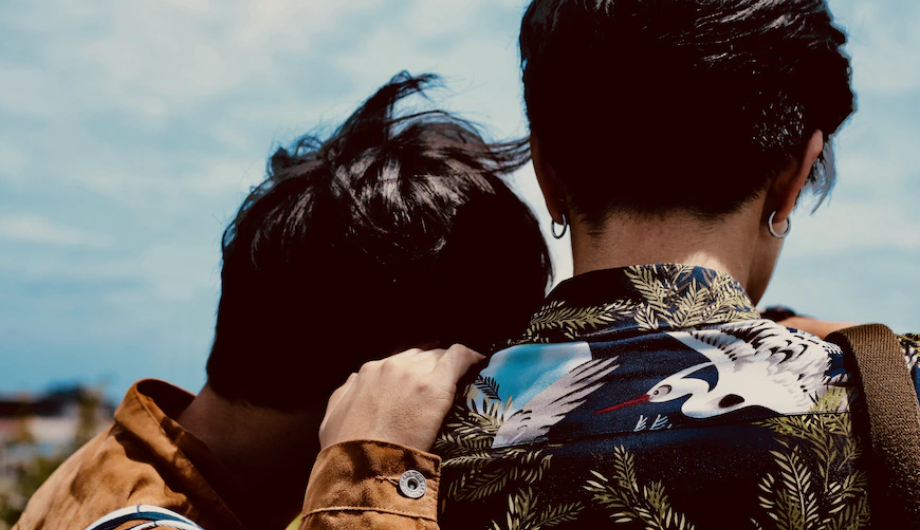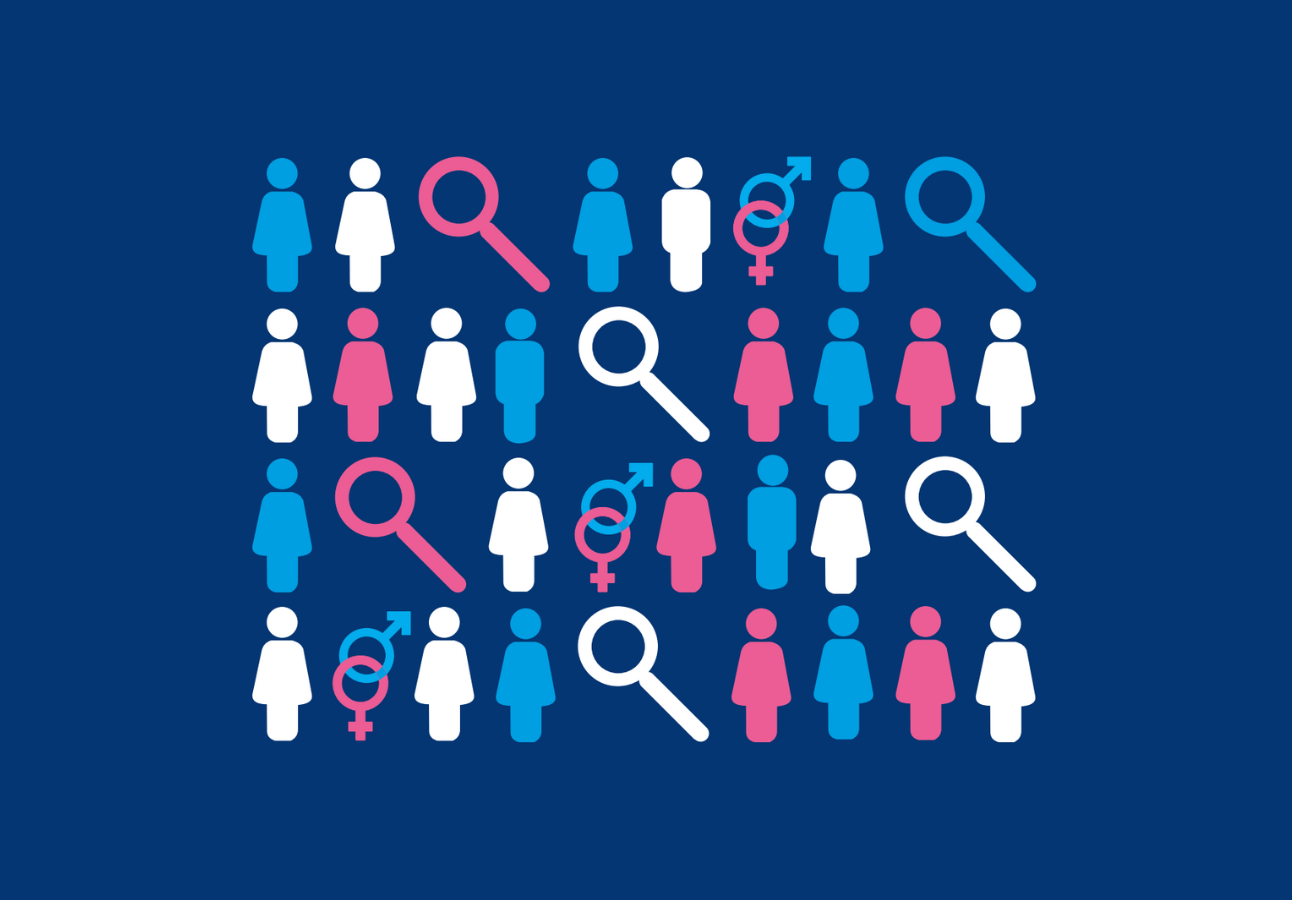
Breaking the silence within Communities and Service-Providers
Afrah Qassim, Founder of Savera UK, on the challenges and critical work in safeguarding those at risk from harmful practices like ‘honour’-based violence, FGM, and forced marriage. For an audio version of this blog, scroll to the bottom of the page.
From our research and ongoing interaction with Black and Minority Ethnic (BME) communities, it is apparent that the greatest fear that some families have is the Westernisation of their young people, specifically their daughters. This fear is due to culturally constituted notions of honour and shame within the community and daughters (and women in general) are expected to act honourably. The dominant patriarchal culture in many of these communities dictates what is considered honourable (although not all community members hold such beliefs).
Due to the fear of Westernisation, there has been a surge in traditional and cultural practices that are, in many cases, no longer practised in the countries from which the families originate. Harmful practices such as forced marriage, ‘honour’ based violence and female genital mutilation remain at the heart of many communities, despite criminal justice remedies being available. The number of domestic abuse cases reported to the police by women from BME communities is increasing but the resources and expertise to deal with them is reducing year-on-year. This is evidenced in the recent HMIC report, The Depths of Dishonour: Hidden Voices and Shameful Crimes, 2015)
Furthermore, from our engagement with BME communities, an oft-cited reason for not reporting abuses nor asking for the support they need is for fear of bringing shame and dishonour upon their families and community. Sadly, another reason many do not make the reports is the fear of being misunderstood by services.
For these reasons, charities such as Savera UK are essential in tackling and addressing issues such as:
Lack of representative data
- The lack of data collection has stopped us from understanding the bigger picture of how to prevent these harmful practices both within the UK and further afield. In 2004, the United Nations urged all governments to collect data around harmful practices, but the statistics are commonly gathered through crime and prosecution numbers.
Education & communication
- A lack of funding has resulted in budgetary cuts in training and development that are so key to understanding the issues surrounding harmful practices, as well as developing and coordinating a multi-agency approach.
Specialist support
- Survivors of harmful practices still have great difficulty in receiving the appropriate counselling or therapeutic support. Those who have received such service provision feel that their cultural traditions are misunderstood by those who merely have generic counselling.
No resources, nor access to public funds
- Women with insecure immigration state can be reluctant to approach for help, in fear of being exposed and refused support.
Although I have outlined above some key issues, these are only a handful of those that Savera UK faces as a charity on a day-to-day basis. The individuals who seek our help experience first-hand the gaps in service provision that exist; we are trying to bridge those gaps, so that those who need the support, do not need to search endlessly for it. However, there are many issues that Savera UK cannot even begin to address as a lone entity e.g. the justice system; it still needs to understand the issues surrounding harmful practices and the impact it has on survivors who have the courage to stand up to their perpetrators; perpetrators who could be their own family, or community.
Furthermore, work also must be done to re-engage communities and raise awareness within them to highlight and promote the rights individuals have. More work must be done with community leaders who can have a strong influence in making positive changes and have the ability to challenge dominant attitudes within the community towards such issues. Most concern we now face is the lack of funding, which prevents further development.
About Afrah Qassim and Savera UK
Afrah Qassim is the Founder and Director at Savera UK, a Merseyside-based charity, working to safeguard those at risk from horrific incidents of honour-based violence, female genital mutilation and forced marriage.
Since Savera UK was set up in 2010, the charity has been dedicated to tackling domestic abuse within BME communities, raising awareness among professionals and practitioners about these harmful practices. Savera UK has made an outstanding contribution to protecting some of the most vulnerable and marginalised individuals in our local communities.
You may be interested in


